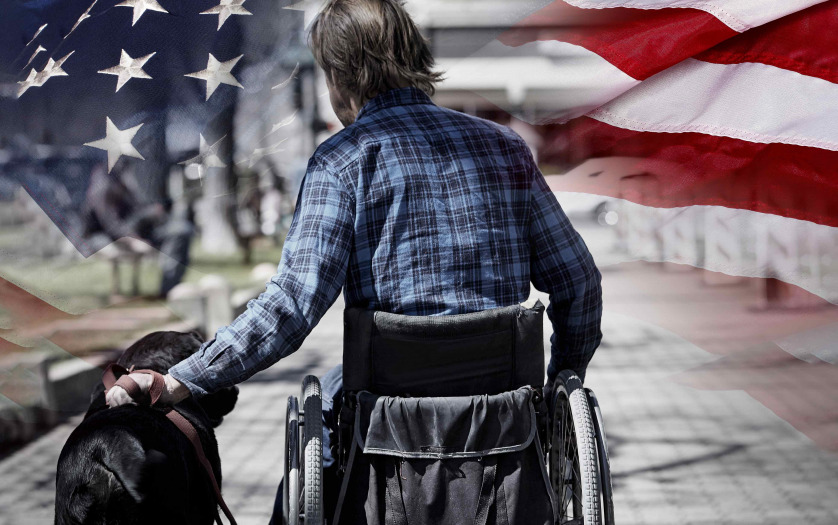
The Justice Department concluded that Colorado unnecessarily segregates people with physical disabilities in nursing facilities, in violation of the Americans with Disabilities Act (ADA) and the Supreme Court’s decision in Olmstead v. L.C.
The department’s findings, detailed in a letter to Colorado Governor Jared Polis, follow a thorough and multi-year investigation into the state’s system of care for people with physical disabilities.
The ADA and the Olmstead ruling require state and local governments to make services available to people with disabilities in the most integrated setting appropriate to their needs, regardless of age or type of disability. However, many Coloradans with physical disabilities are denied a meaningful choice to receive the services they need in their own homes and communities. Community-based services that can help people live at home successfully include help bathing, dressing, managing medications and preparing meals.
“People with disabilities have too often been unlawfully segregated in institutions like nursing facilities,” said Assistant Attorney General Kristen Clarke of the Justice Department’s Civil Rights Division. “The Civil Rights Division will vigorously enforce the rights of people with physical disabilities, including older adults, to access the community-based services they need to age in place and thrive at home.”
“Older Coloradans and Coloradans with physical disabilities increasingly expect to remain at home as their support needs increase,” said U.S. Attorney Cole Finegan for the District of Colorado. “I’m hopeful this situation can be remedied so that individuals with physical disabilities are no longer isolated.”
The department’s investigation found that a significant number of Colorado’s Medicaid-funded nursing facility residents are interested in transitioning to community-based settings and could successfully do so with appropriate supports. However, few Coloradans with physical disabilities who want to move out of their nursing facilities are able to do so. The investigation found that most residents are unaware of the services available to help them move and live successfully in the community.
The right to receive needed services in the community instead of an institution has become particularly acute during the COVID-19 pandemic. Reports show that a significant number of all deaths from COVID-19 in the United States are linked to nursing facilities and other long-term care facilities. Enabling people to move out of nursing facilities and into the community can reduce that risk and satisfy the ADA by avoiding unnecessary institutionalization.
This investigation was conducted by the Civil Rights Division’s Disability Rights Section with the assistance of the U.S. Attorney’s Office of the District of Colorado.








